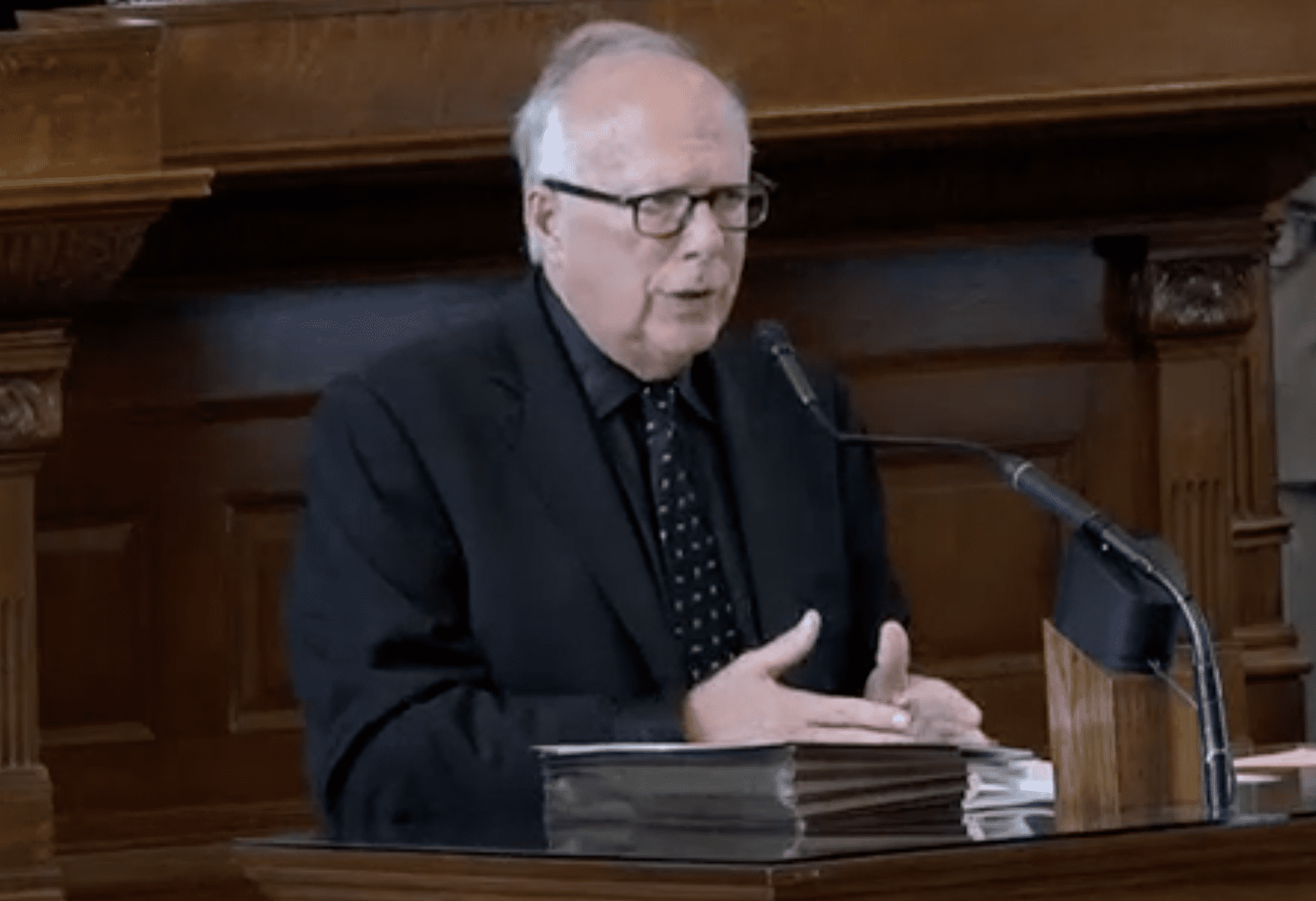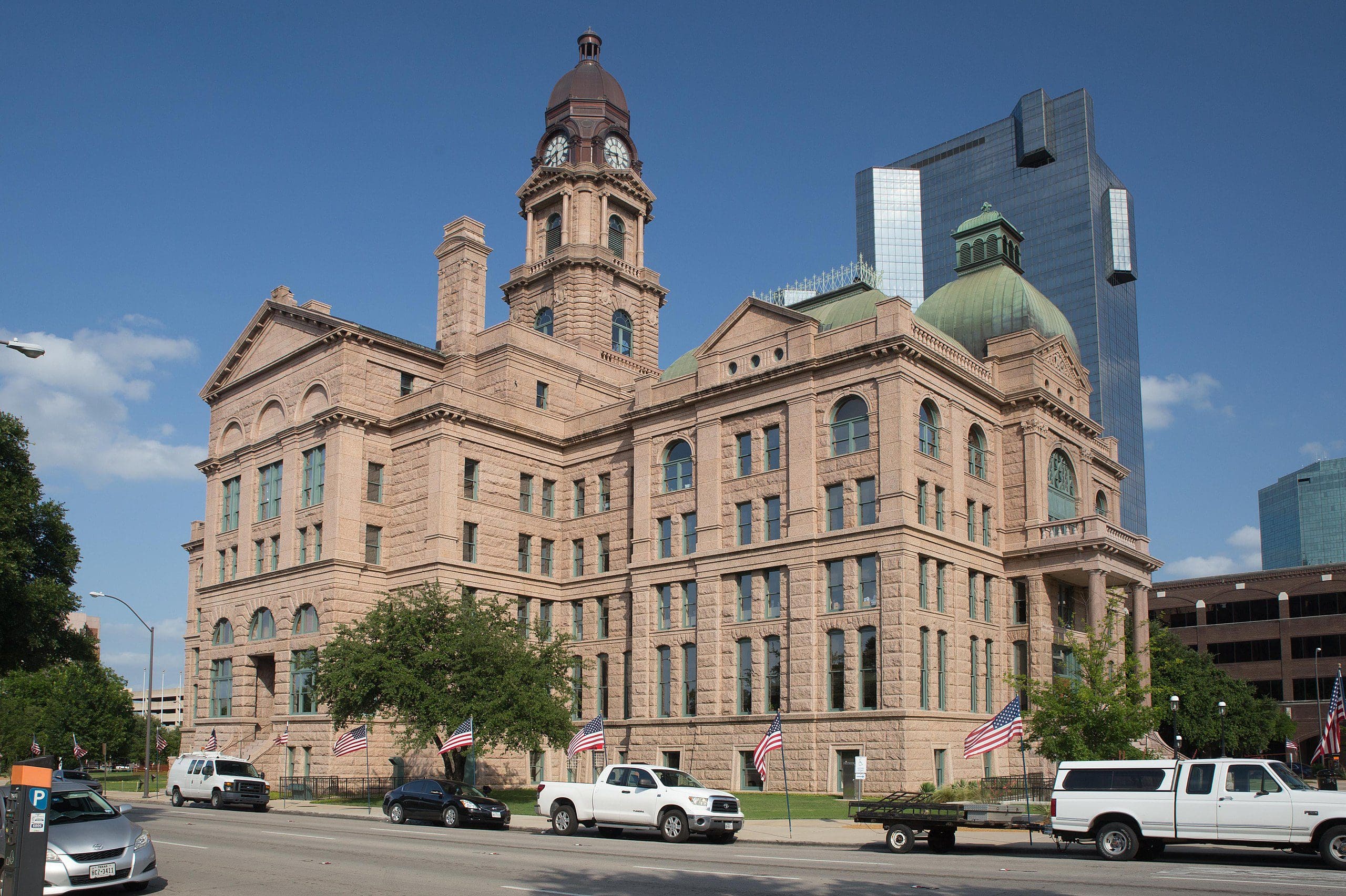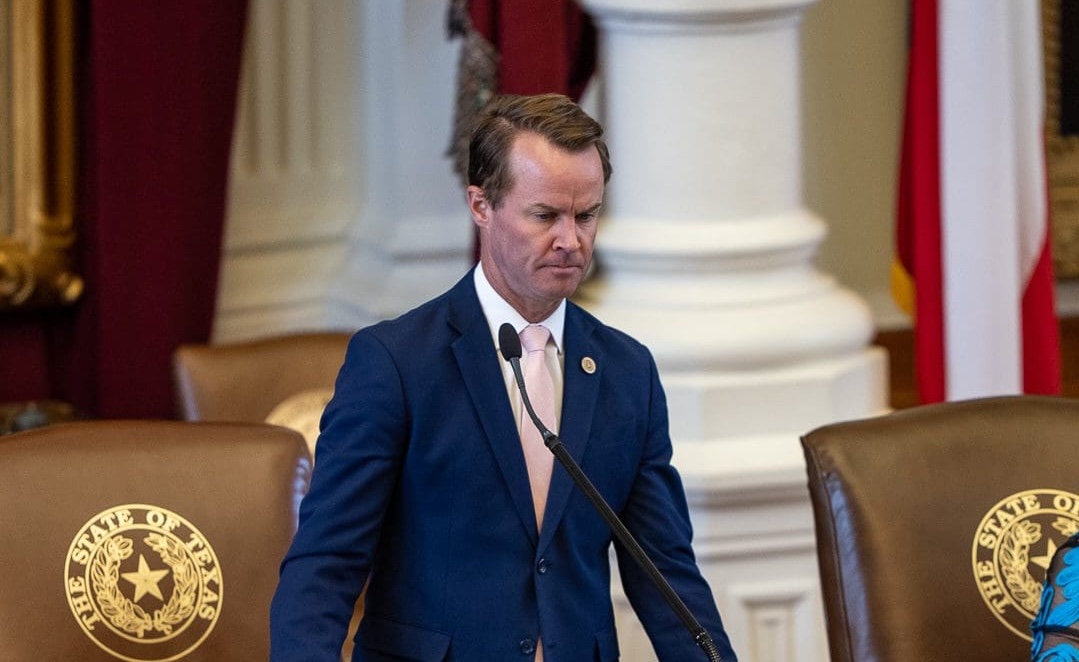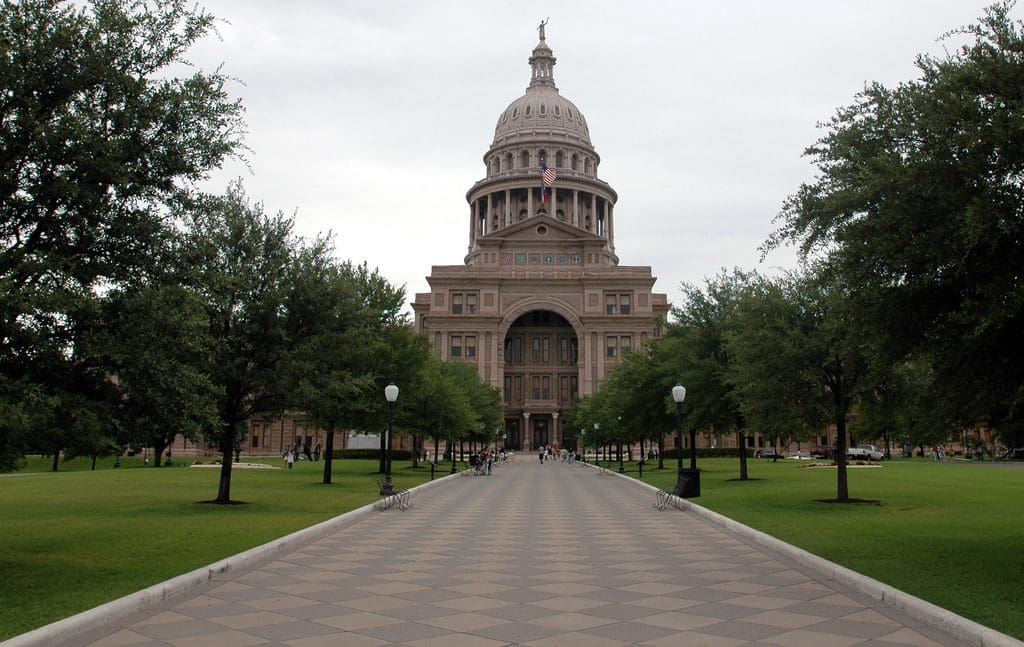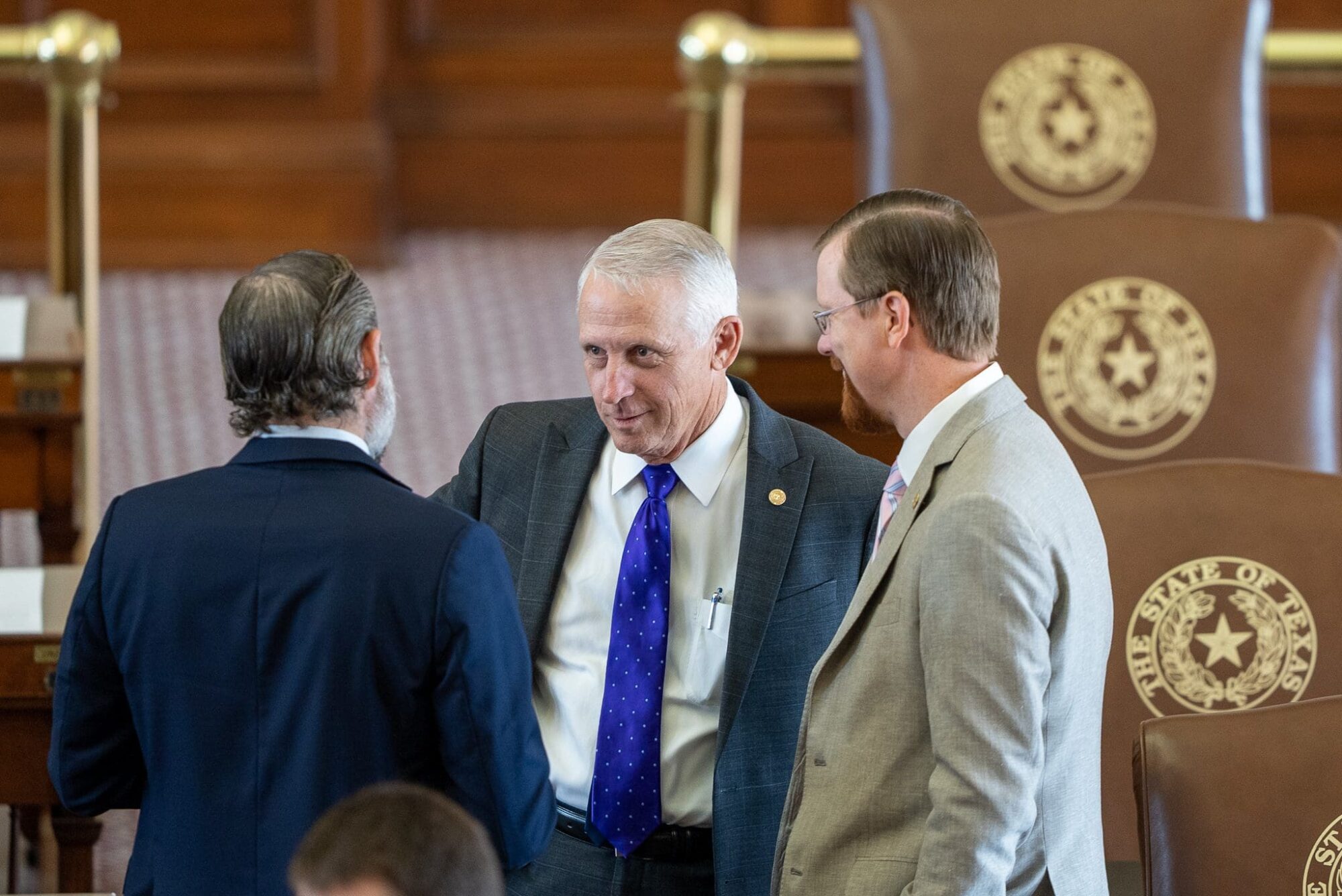Amid the thwarted attempt to ban Democrats from committee chairmanships during last week’s rules debate, the Texas House of Representatives voted to penalize lawmakers who are absent from the chamber with the intent to disrupt its business.
The rule is aimed at preventing a Democrat walkout reminiscent of those that occurred at the close of the last regular legislative session and two of the three special sessions that followed. After a majority of House Democrats killed election integrity legislation in the waning hours of the 2021 regular session by leaving the House floor and denying the body a quorum, they fled the state for 37 days in July and August of that year to camp out in Washington, D.C. This effectively prevented a vote on similar legislation that Gov. Greg. Abbott designated as a priority.
According to the rule, which was adopted as an amendment to the original package, a member who is “absent without leave for the purpose of impeding the action of the House” is subject to several penalties, including daily fines of $500, payment of House security costs, reprimand, censure, and expulsion.
However, Republican Party of Texas Chairman Matt Rinaldi doubts the House would impose any penalties on Democrats should they attempt to break quorum this session.
“We have no expectations this rule will be implemented going forward in light of the speaker’s failure to do anything to punish quorum breakers last session and because the monetary penalty is not automatic and requires the speaker to allow a motion,” Rinaldi told Texas Scorecard.
Nevertheless, Democrats balked at the rule.
State Reps. Trey Martinez Fischer (D–San Antonio), Harold Dutton Jr. (D–Houston), Barbara Gervin-Hawkins (D–San Antonio), and Nicole Collier (D–Fort Worth) challenged the amendment’s author, State Rep. Todd Hunter (R–Corpus Christi), about how the rule would be implemented.
Martinez Fischer asked if the rule would apply to committee hearings as well as floor proceedings. Hunter clarified that it was limited to business on the House floor.
In December of last year, Martinez Fischer seemed to leave the door open when he was asked whether Democrats would consider breaking quorum in the upcoming session if Republicans tried to pass certain legislation. Martinez Fischer is the chair of the House Democrat Caucus.
“I don’t talk about what I’m going to do or what I’m thinking,” he said. “But you’ll know when the time comes.”
Dutton suggested the rule would be unenforceable in the case of a quorum break, an apparent flaw that was also pointed out by State Rep. John Smithee (R–Amarillo). However, after receiving a note from the House parliamentarian, Hunter clarified that Article III, Section 10 of the Texas Constitution stipulates that less than two-thirds of members can “compel the attendance of absent members, in such manner and under such penalties as each House may provide.”
Gervin-Hawkins and Collier questioned Hunter about the terms of a potential expulsion, due process rights for members accused of breaking the rule, and who would determine that a member seeks to impede House business. Hunter explained that the House as a body would determine whether a member is impeding the chamber’s business and what the specific penalty for doing so would be, adding that members would be provided the opportunity to defend themselves and their actions during these deliberations.
Challenges regarding the proposed rule were not limited to its implementation, however. State Reps. Jolanda Jones (D–Houston) and Yvonne Davis (D–Dallas) argued that the rule’s adoption would infringe on their First Amendment rights and their ability to represent their constituents. Hunter disagreed with those interpretations, saying, “This is a House rule for the House of Representatives.”
After the adoption of an amendment clarifying that members can be expelled only by the consent of two-thirds of the body in accordance with the Texas Constitution, the rule passed on a 87-59 party-line vote.
No ads. No paywalls. No government grants. No corporate masters.
Just real news for real Texans.
Support Texas Scorecard to keep it that way!
